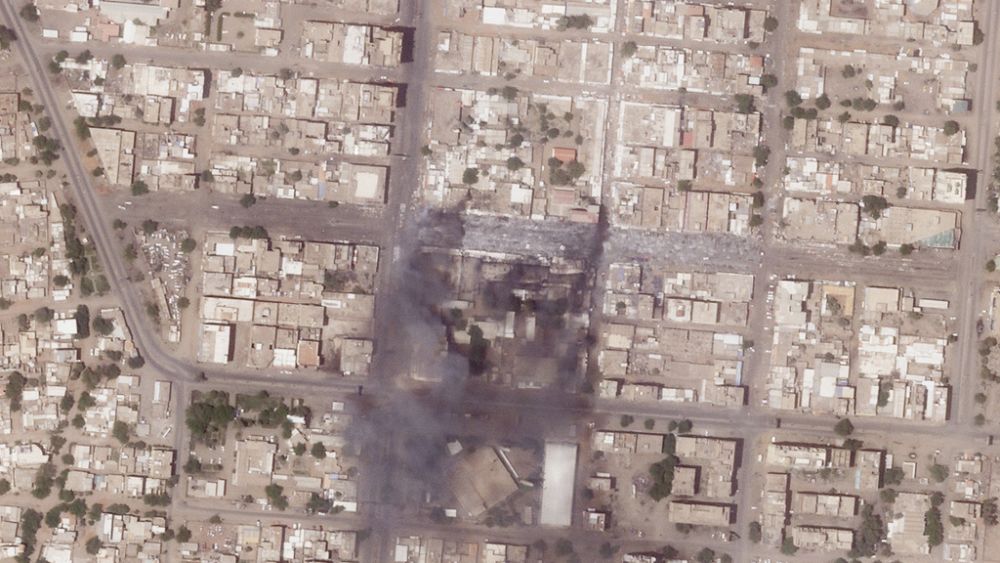
Sudan’s armed forces on Wednesday accused the rival Rapid Support Forces (RSF) of failing to implement an internationally brokered truce for humanitarian purposes, leading to the continuation of fighting for a fifth day.
The spokesman for the armed forces accused the RSF of having “attacked citizens, looted their possessions, and burned the Bahri market in the Bahri neighbourhood.”
The fighting between the two forces loyal to rival generals raged Wednesday after the truce quickly fell apart.
The UN said the death toll had risen to at least 270 since the violence erupted over the weekend.
Sustained gunfire, artillery attacks and airstrikes rocked the capital Khartoum and the city of Omdurman across the Nile River.
Residents reported clashes around the military headquarters and near the international airport.
A 24-hour cease-fire was supposed to have been in effect from sundown Tuesday to sundown Wednesday, with the warring sides pledging publicly to abide by it after US Secretary of State Antony Blinken spoke to both generals.
Their failure to pause fighting for even a day, despite high-level diplomatic pressure, suggests they remain bent on pursuing a military victory and raises the potential for a prolonged conflict.
Sudanese in the capital and in other cities have been hiding in their homes, caught in the crossfire as rival forces pounded residential areas with artillery and airstrikes and engaged in gun battles outside.
The conflict between the armed forces, led by Gen. Abdel Fattah Burhan, and the paramilitary RSF, led by Gen. Mohammed Hamdan Dagalo, has once again derailed Sudan’s transition to democratic rule after decades of dictatorship and civil war.
A fight for power
Both generals have positioned themselves as saviours of Sudan and guardians of democracy – in a country which has known only brief democratic interludes.
The 2021 coup which the generals orchestrated derailed a transition to civilian rule.
The battles that began Saturday followed bitter disagreements between Burhan and Daglo over the planned integration of the RSF into the regular army – a key condition for a final deal aimed at resuming the democratic transition.
Both claim to be in control of key sites, including the airport and the presidential palace – none of which could be independently verified.
A number of organisations have temporarily suspended operations in the country, where one-third of the population needs aid and three UN World Food Programme staff are among the dead.
Influential northern neighbour Egypt said it had discussed with Saudi Arabia, South Sudan and Djibouti – all close allies of Sudan – “the need to make every effort to preserve stability and safety”.





